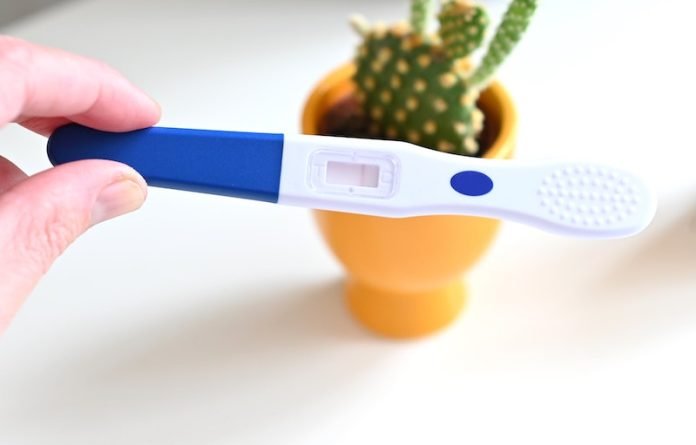
A new study from Mount Sinai found exposure to certain chemicals found in everyday household products and drinking water may significantly reduce fertility in women by as much as 40%
The chemicals are called perfluoroalkyl substances or PFAS. They are commonly used in non-stick cookware, waterproof clothing, food packaging, and personal care products, among others.
The study used data from 1,032 women in Singapore who were trying to conceive.
Researchers measured the levels of PFAS in the women’s blood and found that higher levels of these chemicals were associated with a decreased likelihood of pregnancy and live birth.
In particular, the team found that seven PFAS chemicals as a mixture were linked to a 30% to 40% lower chance of clinical pregnancy within one year of follow-up and delivering a live birth.
The biggest contributor to the PFAS mixture was perfluorodecanoic acid, which was linked to reduced fertility.
Other PFAS chemicals, such as perfluorooctanesulfonic acid, perfluorooctanoic acid, and perfluoroheptanoic acid, were also found to have an impact on fertility.
The study strongly implies that women who are planning pregnancy should be aware of the harmful effects of PFAS and take precautions to avoid exposure to this class of chemicals, especially when they are trying to conceive.
Previous studies have shown that PFAS can impair reproductive functioning in female mice, but the Mount Sinai investigation is one of the first to demonstrate its impact on human fertility.
The study’s findings add to a growing body of knowledge implicating PFAS in the development of adverse health conditions, with children being especially vulnerable.
The team says PFAS can disrupt our reproductive hormones and has been linked with delayed puberty onset and increased risks for endometriosis and polycystic ovary syndrome in a few previous studies.
What this study adds is that PFAS may also decrease fertility in women who are generally healthy and are naturally trying to conceive.
PFAS exposure begins in utero and transfers from the mother to the fetus, as many PFAS has been detected in cord blood, the placenta, and breast milk.
Preventing exposure to PFAS is therefore essential to protect women’s health and the health of their children.
To reduce exposure to PFAS, the researchers recommended avoiding foods that are associated with higher levels of these chemicals and purchasing PFAS-free products.
They also called for policies that ban the use of toxic chemicals, such as PFAS, from everyday products.
Additional research will test the biological mechanisms underlying the impact of PFAS chemicals on reproductive health in women.
If you care about health, please read studies about surprising risk factors of heart attacks in women, and diabetes drug metformin may slow down cognitive decline.
For more information about health, please see recent studies about a new cause of autism, and results showing this nasal spray lowers COVID-19 infection by 60%.
The study was conducted by Nathan Cohen et al and published in Science of the Total Environment.
Copyright © 2023 Knowridge Science Report. All rights reserved.



